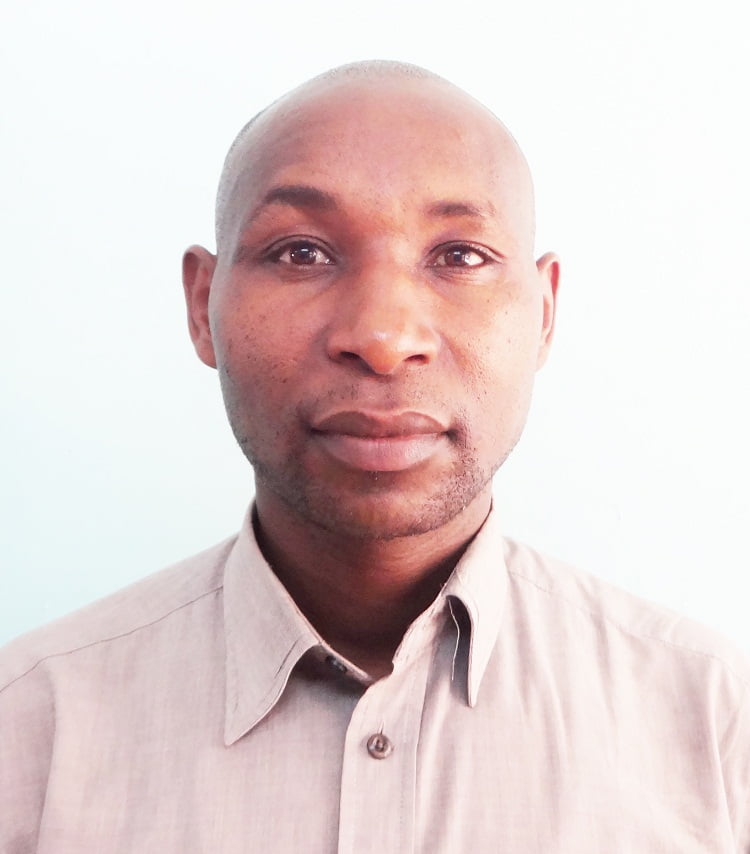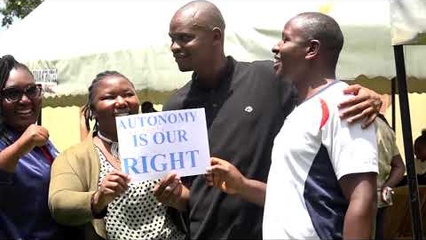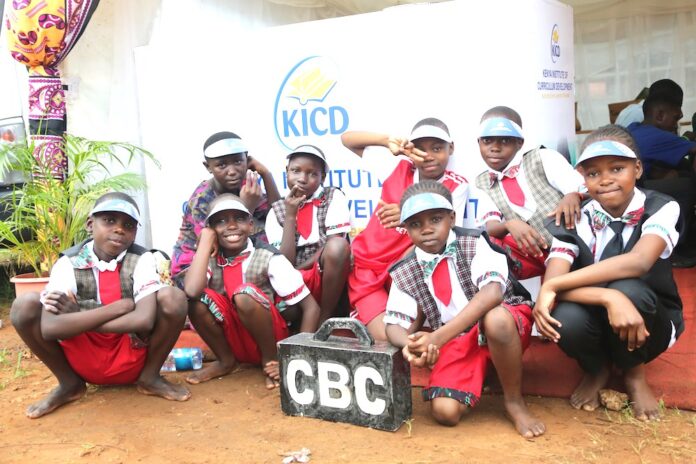By Robert Onsare
Although science subjects are compulsory from the primary level to the secondary level and many students pursue science related courses in institutions of higher learning, the impact of science is yet to be felt in Kenya. Despite the fact that Kenya is making many strides in scientific and technological innovations and value addition, there are still many bridges to be crossed, walls to be brought down and dots to be joined to make it to the league of an industrialist economy.
There is a disconnection between what students learn in theory and its application. How science and mathematics is taught determines how long it will take Kenya to move to the next orbit of development.
“Most teachers agree that they are teaching vocabulary and facts of science but are uncomfortable with the “hands – on” aspects of the subject,” says Dr Robert Boran, a physicist cum educationalist. He adds that there is no activity oriented science learning in classrooms.
It is evident that many institutions of higher learning, primary schools and secondary schools aren’t well equipped for the teaching of science. This robs students an opportunity to study science as an adventure of experimentation and discovery.
‘The problem with teaching science as ‘facts’ is that you read only the new developments in science at the rate of a page per minute. After one year, you will be about seven years behind. Computer science books are usually out of date by the time they are published. Much of what we know about human psychology is being revised and updated. Teaching ‘just facts’ of science is truly impossible.” Dr. Boran states.
Part of the problem could be that we misunderstand what science really is. Albert Einstein stated that “the object of all science is to coordinate our experiences and bring them into a logical system.” In other words, science is the attempt to make sense of our experiences and observations.
Neils Bohr, a Danish physicist who made contributions to the understanding of an atomic structure and quantum theory and a 1922 physics Noble laureate, stated that “the task of science is to both extend the range of our experiences and reduce it to order.”
According to the Journal of Research in Science Teaching, science teaching should include making observations, taking measurements, collecting, organizing and interpreting additional data.
Such activities, under the guidance of the teacher, can lead to facts, principles, laws and generalizations that scientists have established.
“Science is the quest for knowledge, not the knowledge itself,” states an article “Has Science a Climate” in the Sunday Oklahoman.
Henri Poincare, a French scientist and mathematician, stated that “science is built up of facts as a house is with stones. But a collection of facts is no more a science than a heap of stones is a house.”
Students need experience and observation to provide a frame work for a science class. That is why Dr Boran stresses that teachers must set up an opportunity to undertake science as a quest for knowledge.
“This means providing students with materials and directions so that they can collect data that will allow them to discover various concepts in science.” He adds.
He adds that teachers should view science less as a search for “right” answers and more as a thrill of the chase adventure. “Students should focus on the data generated from the specific investigation.”
In the book Science and Children, it is stated that the teacher should not try to explain phenomena but that it is better for students to try and explain what they observe and experience.
The teacher can be quite comfortable and effective by helping the students to make objective observations, keep records, and communicate to others what they have done and discovered. Helping students observe facts, even if the facts contradict preconceived notions can be the point for further investigation, questioning and experimental design.
“The teacher’s role is both vital and subtle. They must prepare and organize materials, as well as data sheets and directions for the student investigation. Once the students begin investigations, the teacher should serve as a facilitator for data collection,” says Dr Boran, a former physics curriculum instructor for the National Science Foundation’s honors Workshops for Secondary Teachers.
He adds: “Throughout the investigation, the teacher should ask students questions about the data to help them focus on the concept at hand.”
The professor further explains that science activities need not to be a separate part of the curriculum. “They can be integrated into other subjects because each discovery activity provides experiences about which the student can write. Science activities can also become a springboard for the whole language reading lesson.”
An Educational Theory Base for Science Teaching says classroom science activities require both the students and the teacher to become engaged in investigating and learning about the world around them.
When learning science, the student must use a number of skills: recall, imagination, classification, generalization, comparison, evaluation, analysis, synthesis, deduction, and inference. These skills are essential to creative and critical thinking. But another important feature of doing science, as opposed to learning facts, is that students enjoy the process and when learning is fun, teaching is easier!
Mr. Elijah Omosa a senior laboratory technologist and Dr. Ezekiel Omwenga, a lecturer at Kisii University Department of Physics mentor students to apply science in solving problems. Under the Do-It-Yourselves (DIY) and Education Technology (EDUTECH) clubs, they ignite students to design and build teaching and learning materials for science, technology and mathematics as well as equipment and systems to respond to societal needs.
We need to embrace the philosophy of learning science by doing. This is the most simple and powerful way through which science can revitalise development through innovations and value addition.
The writer is a trainer at Kisii National Polytechnic, Electrical and Electronics Engineering Department and a post graduate student at Multimedia University of Kenya and Kisii University. Contact: robert.onsare@gmail.com






